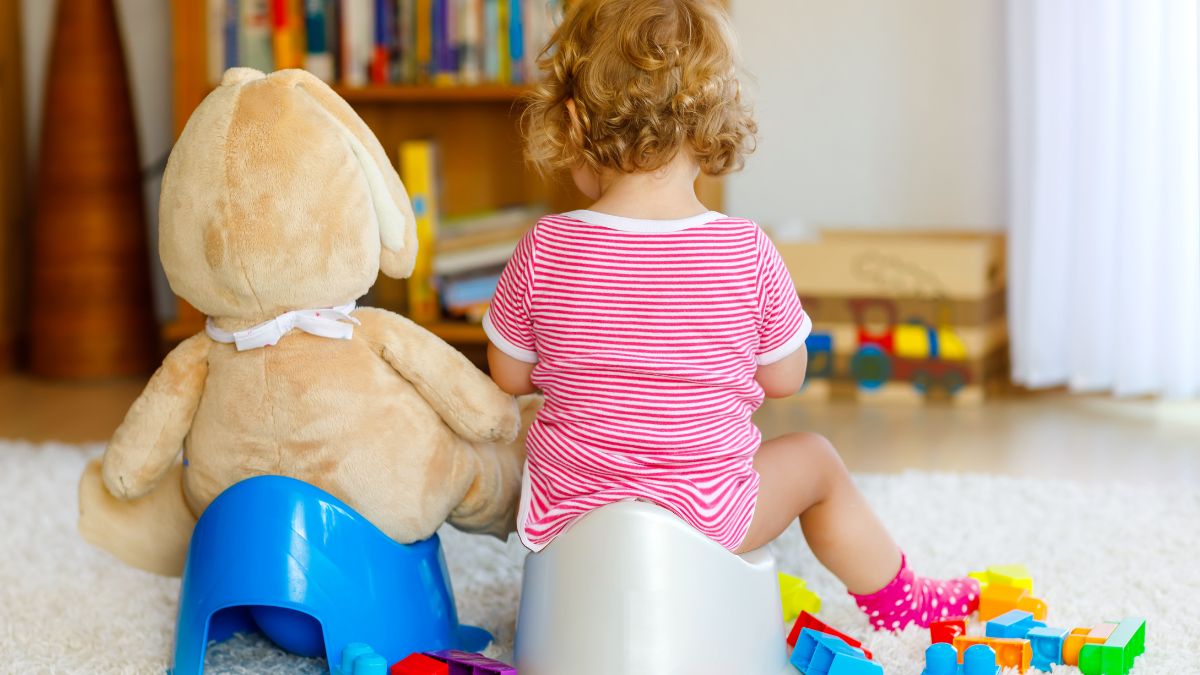Key Points:
- Caffeine affects the central nervous system and may impact individuals with autism differently than neurotypical individuals.
- Current research is limited but suggests both potential benefits and risks when it comes to caffeine use in autism.
- Parents should consult with healthcare professionals before introducing or removing caffeine from a child’s diet.
Caffeine is part of everyday life for many—found in coffee, tea, chocolate, and even medications. For families of children with autism, understanding how substances like caffeine might affect behavior or sensory sensitivity becomes a significant concern. Many parents find themselves asking, What does caffeine do to autism?
This article explores the effects of caffeine on individuals with Autism Spectrum Disorder (ASD), what current science says, and what caregivers need to consider before making dietary choices involving caffeine.
.jpg)
Does Caffeine Affect Autism?
Yes, but the impact varies. Caffeine is a stimulant that impacts the central nervous system. For individuals with autism, the effects of caffeine can differ significantly from person to person. Some may experience increased alertness and focus, while others may become more anxious, agitated, or sensitive to sensory input.
The question, What does caffeine do to autism?, doesn’t have a one-size-fits-all answer. The response can depend on a child’s sensory profile, co-occurring conditions (like ADHD or anxiety), and even genetic factors. While some anecdotal reports suggest mild benefits, others point to worsening symptoms like hyperactivity or irritability.
How Does Caffeine Work in the Brain?
Caffeine blocks a brain chemical called adenosine, which helps the body relax and feel sleepy. By blocking this chemical, caffeine increases alertness and energy. This is why many people use it to stay awake or concentrate.
However, this same mechanism can lead to overstimulation in individuals with autism. The autistic brain may already process sensory information differently, and introducing a stimulant like caffeine can sometimes push it into sensory overload. This can lead to increased anxiety, restlessness, or difficulty focusing, especially if the child is sensitive to internal changes or has trouble with emotional regulation.
In some cases, especially when ADHD is also present, caffeine may have a paradoxical calming effect. But again, this varies widely from one individual to another.
What are the Potential Benefits of Caffeine for Autism?
While caffeine is not a treatment for autism, there are reports and limited studies suggesting it might have some benefits in certain scenarios. Here are some of the potential positives that have been observed:
- Improved Focus: For children who also have ADHD, caffeine may act similarly to stimulant medications by helping improve attention and reduce impulsivity.
- Increased Alertness: In low doses, caffeine might help some children with ASD who struggle with lethargy or low energy stay more engaged in learning or social interaction.
- Enhanced Mood: Some parents report a slight improvement in mood or motivation, although this is anecdotal and varies greatly.
Still, these potential benefits should not overshadow the need for medical guidance. Caffeine isn’t a substitute for therapy or medication and may not be appropriate for many children on the spectrum.
What are the Risks of Caffeine for Children with Autism?
For many children with autism, caffeine can cause more harm than good. It’s important to understand these risks to make informed decisions about introducing or eliminating caffeine from a child’s routine.
These are the most frequently reported issues that parents and professionals observe in children with autism who consume caffeine:

These effects may become noticeable even at small doses. Therefore, it's essential to track symptoms and consider reducing or eliminating caffeine if negative patterns appear.
What Does Research Say About Caffeine and Autism?
Scientific research on caffeine’s effects on autism is still limited, but growing. Some studies suggest that low-dose caffeine may enhance attention in neurodivergent populations, particularly in those with co-occurring ADHD. However, these findings are preliminary and not widely applicable.
Currently, most of the information available is anecdotal or derived from related studies on ADHD or general child health. This makes it difficult to draw broad conclusions. Researchers agree on one thing: more targeted studies are needed to understand exactly what caffeine does to autism in a clinically meaningful way.
Should You Eliminate Caffeine from Your Child’s Diet?
The decision to include or exclude caffeine should be individualized. Some children with autism tolerate caffeine well and may even benefit from it in specific ways. Others may experience pronounced negative effects even with small amounts.
If you're unsure, consider keeping a food and behavior journal. Track your child’s caffeine intake, noting any behavioral changes, sleep patterns, or digestive issues. Then review this with your child’s healthcare provider or behavioral therapist. Since diet plays such a crucial role in managing these factors, maintaining a consistent, low-stimulation routine can be supported by careful food choices. For more detailed guidance, check out What Foods to Avoid with Autism: A Parent’s Essential Guide.
Consult with a Specialist Before Making Dietary Changes
Changing your child’s diet, including caffeine intake, should not be done on impulse. Whether it's removing soda or allowing the occasional chocolate treat, professional input is crucial.
An ABA therapist, pediatrician, or dietitian familiar with autism can help assess whether caffeine might be playing a role in behavioral or sensory symptoms. They can also guide safe alternatives and help you build a nutrition plan that aligns with your child’s unique needs.
Get Support That Goes Beyond Diet: ABA Therapy with Aluma Care
If your child is experiencing challenges related to behavior, focus, or sensory sensitivity—whether caffeine-related or not—ABA therapy can provide structured, evidence-based support. At Aluma Care, we specialize in Applied Behavior Analysis (ABA) therapy designed specifically for children with autism.
Our compassionate team works closely with families to develop personalized behavior plans that address real-world needs, from mealtime struggles to emotional regulation and social skills. ABA therapy in New Hampshire, Kansas, and Virginia helps children build meaningful, long-term skills while giving families the tools to support growth at home.
Ready to learn more? Get in touch with us today to see how ABA therapy can make a difference in your child’s development and daily life.












.jpg)
.jpg)
.jpg)







.png)